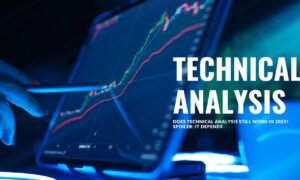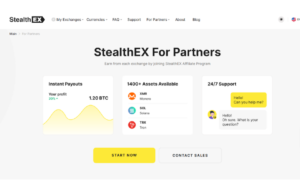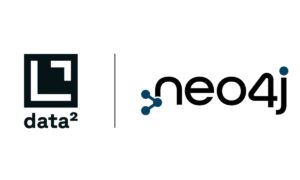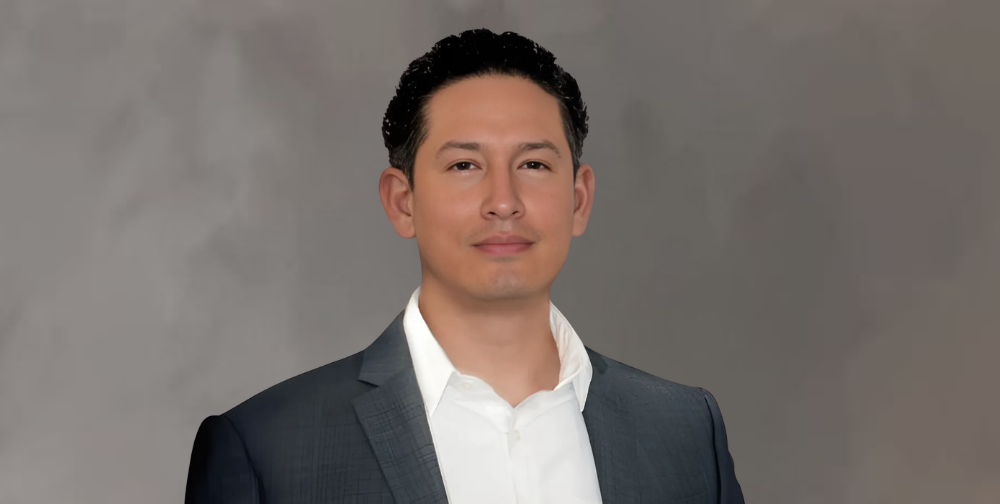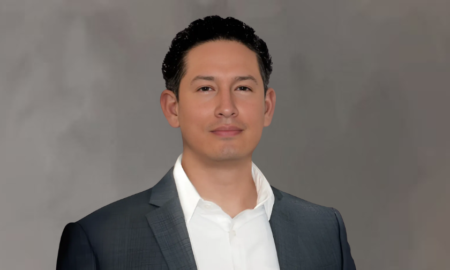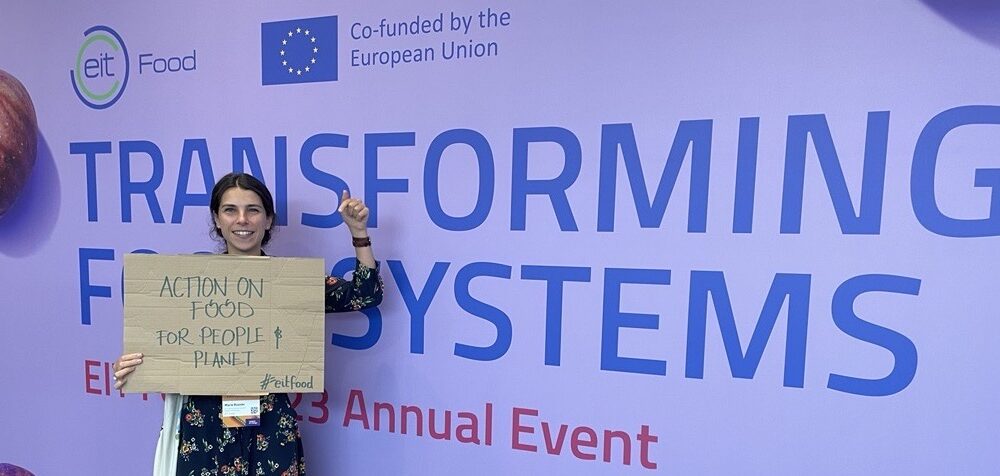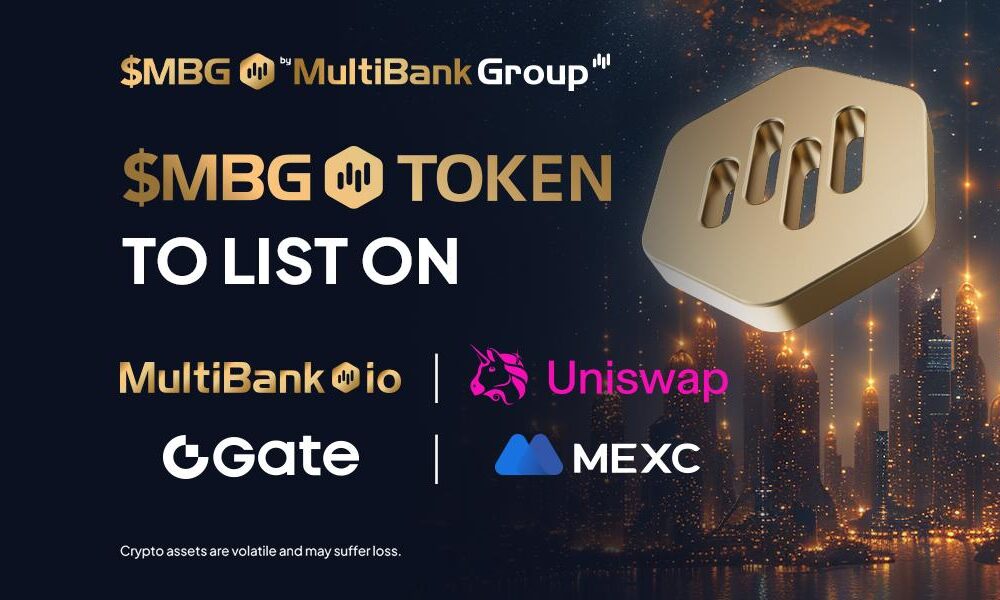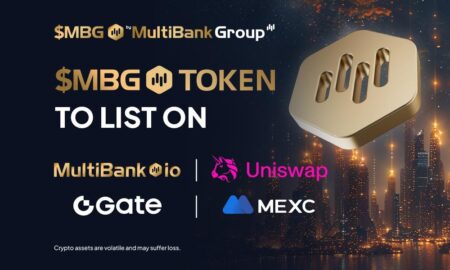Apifiny offers global best bid and deepest liquidity for exchanges, OTC desks, brokers and market makers. The CEO, Haohan Xu will be sharing more details with us in this interview.
Please tell us your name and about yourself?
My name is Haohan Xu, CEO and Founder of Apifiny. I am a graduate of Columbia Engineering with a major in operations research and a minor in computer science. I started buying and selling crypto early in college from my dorm room, at a time when the number of exchanges was rapidly rising. As the number of exchanges increased, bitcoin prices started to have sizable differences across exchanges, and I took advantage of this by buying and selling bitcoin across different exchanges.
Ever since I discovered this inefficiency, I could not stop thinking about it. I realized in order to fully capture and maximize the arbitrage opportunities, I needed to have numerous accounts, and monitor multiple order books and market data from all the exchanges I had access to. I thought the idea of a consolidated order book could make everything easier, and that it could be turned into a product that could be offered to people on a larger scale.
I began to dedicate a lot of time to this and finally decided to take a leave of absence from Columbia in early 2017. I spent my leave in Beijing and assembled a great group of engineers to work on this product. Midway through I came to realize that the overarching problem—the fragmentation of cryptocurrency exchanges—had many more challenges than I initially realized, and it would require even more preparation than I thought.
At that time I decided I should finish school on time, so I returned to Columbia and kept this project—the origins of Apifiny–running at the same time. In early 2018, I decided to establish the company in the U.S. and build a strong leadership team here.
What is Apifiny?
Apifiny is a distributed trading network (DTN) with nodes as centralized exchanges. It can be seen as an exchange of exchanges. We take advantage of the latest innovations across multiple tech and finance sectors–primarily blockchain, high-speed trading, and smart order routing (SOR)–and converge them in a new way, to create a unique infrastructure that effectively connects the crypto world and traditional asset world. Through digitizing assets and connecting global digital asset exchanges with traditional asset trading marketplaces, Apifiny is able to form globalized, large liquidity, resulting in a globally unified 24/7 digital asset trading network.
We are very excited to have launched Apifiny! It’s been a lot of hard work to get to this point, and of course, we know that the journey is just beginning.
What unique services do you provide at Apifiny?
At Apifiny we center our product and services around institutional clients and active traders. Apifiny provides our clients with GBBO™, or Global Best Bid and Offer, a system of price assurance that was inspired by the SEC-mandated National Best Bid and Offer (NBBO) and takes it worldwide. We also offer commission-free trading services and aim to provide large, global liquidity. Along with GBBO, this represents a combination of products and services that are unique to Apifiny.
What is the technology behind Apifiny Network?
Our main technological focus is on blockchain, high-speed trading, and SOR. Our core technology team is comprised of extremely talented Wall Street veterans from Morgan Stanley, NYSE, Merrill Lynch, Tower Research Capital, and other top companies.
What is the market size and demand for distributed trading networks?
Here’s some food for thought about the current state of crypto trading worldwide. First of all, due to local regulations, every exchange mainly uses local fiat as its base currency for trading, making each exchange an individual pool with limited liquidity. Concurrently bitcoin, as a global asset, has different prices across different exchanges at any given time. Also, according to data from Coin Market Cap, the 24-hour trading volume on Coinbase–which stands as one of the most high profile cryptocurrency exchanges in the U.S.–actually represents less than 2% of the global trading volume.
Taken together, these realities help to illustrate the fragmented global cryptocurrency marketplace. Traders and investors can’t trade with the best price available to them in the same way that NBBO provides to the U.S. securities market. In addition, traders are unable to execute block trades on a certain exchange due to the large market impact it would cause. Traders who are looking to execute a block trade can only seek out OTC desks for an expensive, complicated and potentially risky transaction.
With its unique ability to unify the world’s regulated exchanges and provide GBBO best pricing along with globalized largest liquidity, Apifiny’s distributed trading network can transcend the challenges of today’s fragmented crypto markets, to satisfy the needs of institutional clients, active traders and block traders. That’s a pretty important user group to target: Our research shows that these clients have over 89% of the cryptocurrency trading volume.
Tell us more about the Apifiny’s New Global Best Bid and Offer Standard (GBBO), how does it work?
One of our core beliefs at Apifiny is that it’s time for nontraditional markets to embrace the best practices of traditional markets—as an evolution of NBBO, GBBO is the perfect embodiment of that philosophy. GBBO allows our clients to buy and sell cryptocurrencies at the most attainable global lowest/highest price, all under a single Apifiny account without having to maintain any other exchange accounts. GBBO is realized through connecting multiple regulated exchanges, which taken together represent the majority of the cryptocurrency trading volume; discovering optimal price through smart scanning; and high-speed conversion across multiple fiat currencies.
How does Apifiny offer Deeper Liquidity & Better Prices?
We accomplish this with ExOne, our platform where global, regulated, digital asset exchanges share liquidity in a “Global Virtual Order Book” which is made possible by several key components.
The first is through ExOne’s connections to many regulated cryptocurrency exchanges that account for the majority of the global cryptocurrency trading volume. Next is optimal price discovery which is realized through our smart scanning technology. Equally important is ExOne’s ability to perform high-speed conversion across multiple fiat currency trading pairs. All those factors together allow exchanges to share globalized liquidity and discover better prices.
You provide listing services for tokenized and distributed projects, how does it work?
Our aim is to provide a global onramp to new tokenized projects. Apifiny aggregates a network of top local exchanges across the world that comes with a vast number of clients and unparalleled liquidity. When a tokenized or distributed project lists with Apifiny, the project—which we have carefully vetted–will be able to list across all of Apifiny’s member exchanges. Because of this, Apifiny is able to offer projects a global–as opposed to just local–listing power, a much lower aggregated listing cost, and a convenient system to manage their asset exposure across different exchanges.
Could you tell us about your team and customer support?
We are very fortunate to have a team with strong backgrounds in finance, blockchain, and the Internet. Our Chairman, David Weild, is the former Vice Chairman of Nasdaq, and has priced over 1,000 equity offerings as the head of a top-10 investment bank. He’s also known for his leadership as the “Father of the JOBS Act.”
On the technology side, our CTO Ashu Swami is a former SVP of Quadeye Securities. Ashu pioneered and traded Mining Swaps. Prior to that, Ashu also led the high-frequency market-making business at Morgan Stanley.
Our Head of Research/Tech Sales Andrew Banhidi has over 20 years of technology experience on Wall Street, most recently spending nine years as the CTO of Global Equities, Sales, Research and Investment Banking at Bank of America Merrill Lynch.
Our Head of Engineering Amit Khandelwal draws on his experience as a Technical Product Manager for Tower Research Capital, KCG and investment banking from Lehman Brothers and Credit Suisse.
For legal, our General Counsel Charlie Yeh is an experienced attorney in the banking and finance industries. He previously helped design blockchain systems as an Assistant General Counsel at Digital Asset. Before that, he was an executive director at JPMorgan counseling the clearance and collateral management units.
Leo Wu, who is Director of Apifiny Prime, joined us from Quantitative Brokers, where he was the Team Lead and System Architect. Prior to that, Leo Co-Founded Bitchain Exchange. Leo also worked with NYSE, ConvergEX Group, Sonic Trading and was the Vice President at the Bank of New York. We have many more highly accomplished individuals with outstanding experience, totaling nearly 150 full-time employees internationally.
Customer support is key to differentiating yourself in the world of crypto—or any industry for that matter! Our team has locations in San Francisco and the APAC region and is capable of 24/7 global coverage. We value feedback from our clients and make every effort to tailor our products to their satisfaction.
How safe is Apifiny, would you like to talk about your legal and security measures?
We have an extremely skilled team overseeing legal and compliance, closely monitoring the ever-evolving regulatory landscape worldwide. We are ready to operate in most of the U.S. states and are in the process of applying for more money transmitter licenses (MTL) from more states.
Security is absolutely paramount to Apifiny—it is integral to the design of all of our offerings. Apifiny’s systems have received audits and have technical support from two leading IT security firms. Apifiny protects client digital assets using a mixture of Multisig cold and warm wallets stored in multiple locations. In addition, we partner with PrimeTrust—a real leader and innovator in the field of digital asset financial services—as our third-party custodian to ensure the integrity of client assets.
Do you have more information for our readers?
Yes, I’d like to take this opportunity to share more information about what Apifiny is, and more about our plans to introduce the concept of the DTN (Decentralized Trading Network) to the digital asset world.
A DTN is different from a decentralized exchange. A large number of trades on decentralized exchanges, as well as clearing and settlement, occur on the blockchain — this is a transparent workflow but it’s also inefficient. Right now regulation has a wait-and-see attitude towards decentralized exchanges, and less than 1% of cryptocurrency’s trading volume currently comes from decentralized exchanges.
The distributed trading network is the next wave: This model still uses a centralized trading matching model to ensure efficiency. Due to the huge amount of real transactions and the number of third party participants, transactions become more fair and democratic, making it more difficult to attempt artificial price manipulation on a DTN. The DTN can also upload transaction records and information to the chain, which further increases the transparency of transactions without sacrificing speed. Additionally, centralized exchanges may be forced to meet regulatory requirements before joining a DTN in order to enforce regulatory requirements across the entire DTN.
In the distributed trading network model, multiple exchanges become connected, with each one acting as a node of the network—an evolution whose impact is felt by resolving the state of the disconnected/separated cryptocurrency market, with the DTN optimally acting in an impartial manner. In the case of the Apifiny DTN, for example, investors and traders do not directly open accounts at Apifiny. Instead, Apifiny is a pure exchange similar to Nasdaq: It remains neutral and does not compete with exchanges and brokers to obtain customers. The intent is to provide services to investors and traders by cooperating with exchanges, market makers, and brokers—acting as an exchange of exchanges.
The DTN helps organize a system of global digital asset trading where all node exchanges construct and complete this asset network together, and share liquidity. Every node exchange is a contributor and beneficiary of the trading network. Nodes contribute to the network, and the network empowers the nodes.
This essential update to the global digital asset ecosystem sees the DTN removing the barriers to liquidity, and giving freedom back to the asset world. Optimally, the DTN not only allows all node exchanges to share liquidity but also shares best pricing technology to node exchanges, which means all node exchanges not only have the largest global liquidity but also provide their customers with the best execution. Every trader can enjoy the global largest liquidity and best prices through the node exchange.
Obviously, we think distributed trading networks are poised to play an extremely important role in the evolution of digital asset marketplaces. From there, we expect DTN to also have a big impact on traditional markets—but that’s a topic for another article!
For more information, visit: https://www.apifiny.com/














